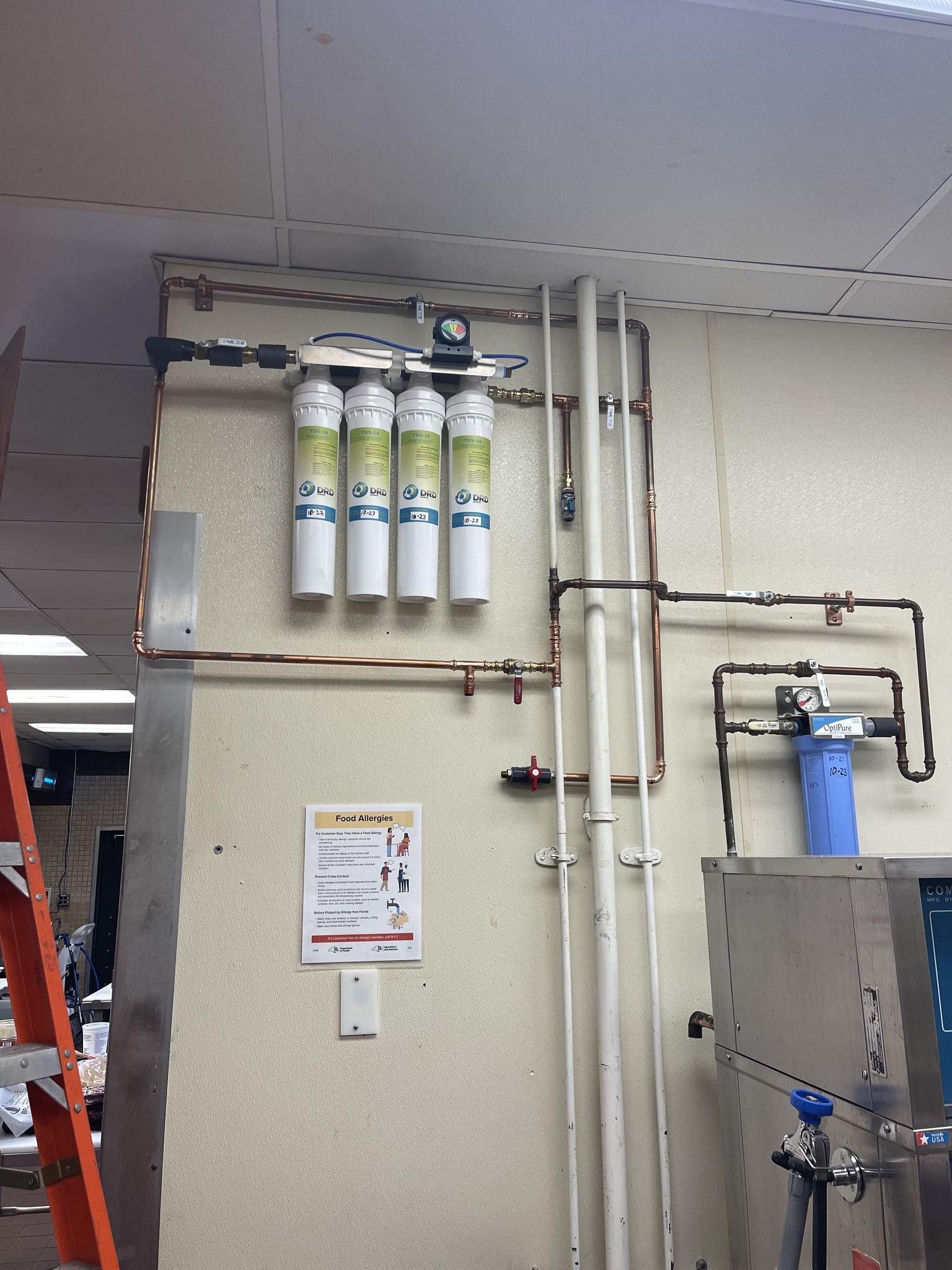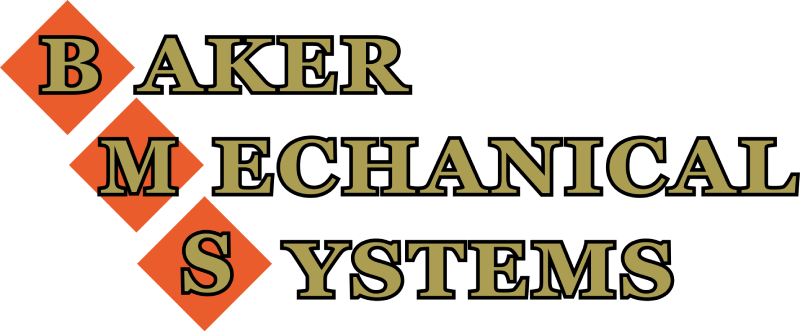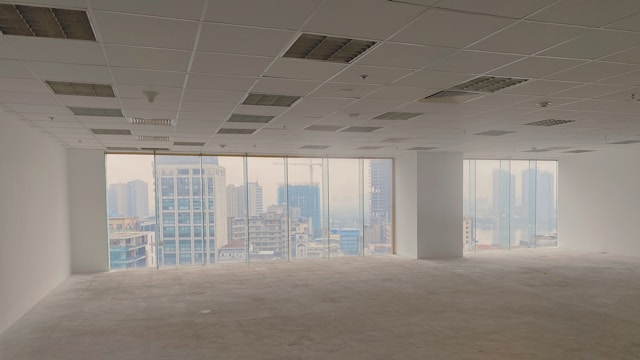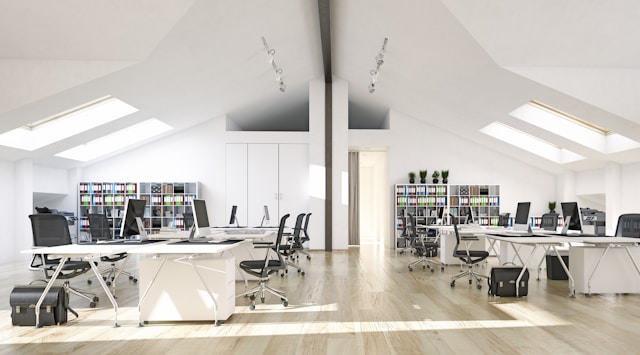Blog
How Water Filtration Systems Help Reduce Equipment Wear in Industrial Facilities

Industrial facilities rely on complex systems to operate efficiently—and many of them depend heavily on water. From boilers and chillers to processing lines and cleaning systems, water is often an essential utility. But when that water carries sediment, minerals, or chemical contaminants, it can quietly and consistently damage the very equipment meant to support your operation.
That’s where commercial water filtration systems come in. At Baker Mechanical Systems, we install and maintain high-performance water filtration solutions for industrial clients across Rochester, NY and the surrounding region. If your facility uses water as part of daily operations, here’s why filtration is more than just a “nice to have”—it’s a critical investment in your equipment, efficiency, and bottom line.
1. Sediment and Mineral Buildup Damages Equipment Internally
Municipal and well water supplies can carry suspended particles like sand, dirt, rust, or other fine debris. Over time, this sediment can clog valves, wear down seals, and restrict flow in:
-
Boilers
-
Cooling towers
-
Pumps and piping systems
-
Wash-down equipment
-
Heat exchangers
In addition to sediment, hard water—which is high in calcium and magnesium—can leave behind mineral scale on the interior surfaces of water-using equipment. This reduces thermal efficiency, decreases flow rates, and puts added strain on pumps and motors.
Water filtration systems remove these solids before they ever reach your equipment, preserving internal components and extending service life.
2. Contaminants Accelerate Corrosion and Degrade Components
Untreated or poorly filtered water can contain corrosive chemicals or unstable pH levels that attack metal surfaces from the inside. Over time, corrosion can lead to:
-
Leaks in pipes, tanks, and fittings
-
Pinhole damage in heat exchangers
-
Structural deterioration of pump housings or valve assemblies
-
Costly emergency shutdowns for repair or replacement
A professionally designed filtration system can balance water chemistry, remove corrosive agents, and reduce the rate of internal system degradation—helping protect your investment in capital equipment.
3. Cleaner Water Means Fewer Maintenance Calls in Upstate New York
Industrial maintenance teams often spend significant time cleaning or descaling equipment that’s been fouled by dirty water. Whether it’s scraping mineral scale off heat exchangers or replacing filters clogged with sediment, poor water quality increases maintenance frequency and cost.
When you install a commercial-grade filtration system, your team can:
-
Spend less time reacting to preventable failures
-
Focus more on predictive and preventive tasks
-
Improve operational uptime by reducing avoidable breakdowns
Clean water reduces wear, which reduces repairs—plain and simple.
4. Protects Process Integrity in Water-Sensitive Operations
In certain industries—like food processing, chemical manufacturing, or pharmaceutical production—water quality isn’t just about equipment wear. It directly impacts product quality, regulatory compliance, and operational safety.
Filtration systems ensure:
-
Consistent water quality for batching, mixing, or cleaning
-
Reduced cross-contamination risks
-
Compliance with health and safety regulations
-
Lower risk of costly product recalls or process interruptions
If your process depends on clean, consistent water, filtration is non-negotiable.
5. Enhances System Efficiency and Lowers Utility Costs in Rochester, NY
Buildup inside water-using equipment reduces heat transfer efficiency and increases energy consumption. For example:
-
Boilers with scale buildup require more fuel to produce the same output
-
Cooling systems with fouled pipes need more pumping power
-
Wash-down equipment clogs faster, reducing pressure and effectiveness
Water filtration improves flow rates, keeps internal surfaces cleaner, and helps your equipment perform more efficiently—translating into real savings on energy and operating costs.
Choosing the Right Filtration System for Your Facility in Western NY
The ideal water filtration setup depends on your facility’s specific needs, including:
-
Water source (municipal, well, reclaimed)
-
Volume and pressure requirements
-
Equipment sensitivity and operational tolerances
-
Regulatory or process-driven water quality standards
Baker Mechanical Systems designs and installs customized filtration solutions using components like:
-
Sediment filters
-
Carbon filters
-
Reverse osmosis systems
-
Water softeners
-
UV treatment systems (for microbial control)
Extend Equipment Life with Baker Mechanical Systems
If your industrial facility is experiencing unexpected equipment failures, higher maintenance costs, or declining system efficiency, poor water quality could be to blame.
At Baker Mechanical Systems, we help businesses protect their operations by installing commercial water filtration systems that improve water quality, protect critical assets, and reduce total operating costs.
Call us today at (585) 458-7080 or visit our contact page to request a consultation and learn how the right water filtration system can safeguard your facility’s performance.
Don’t let bad water wear down your bottom line—filter it out at the source.
‹ Back








